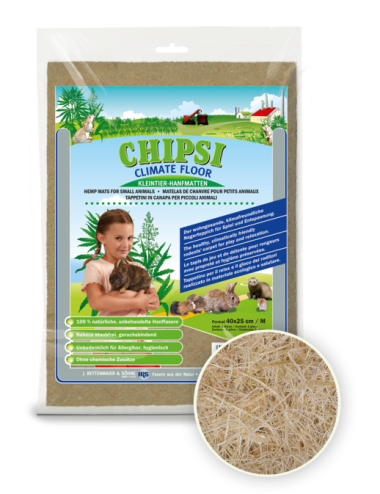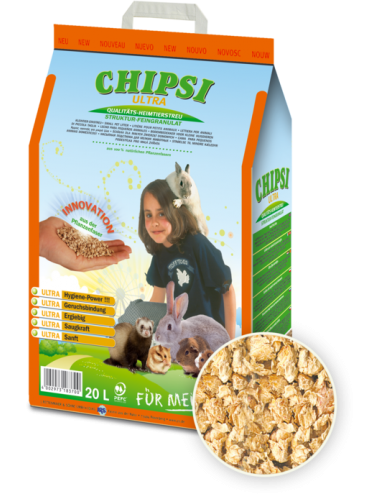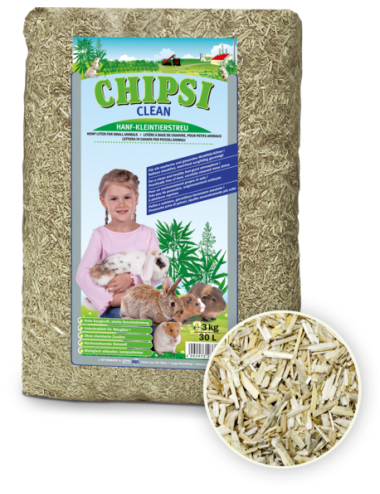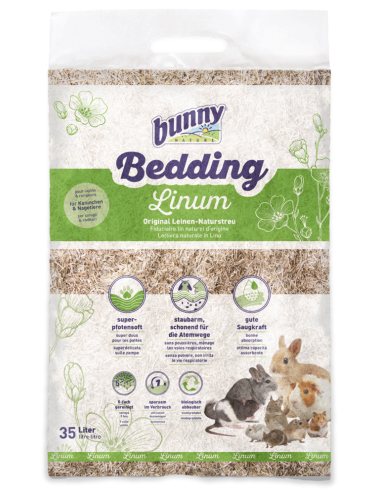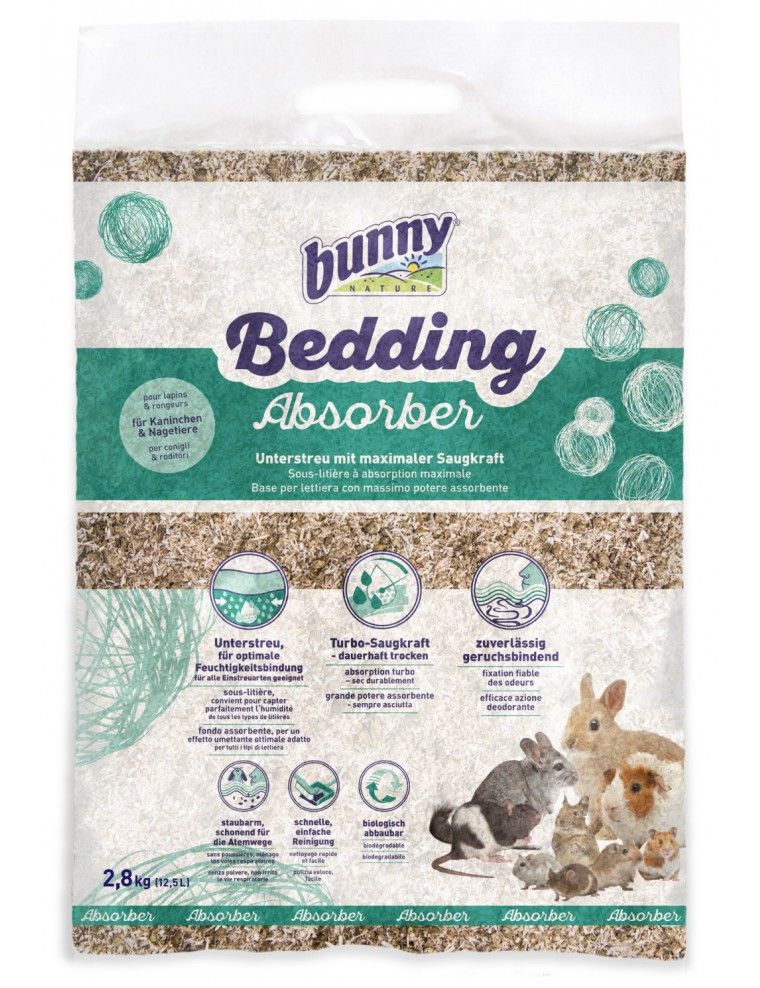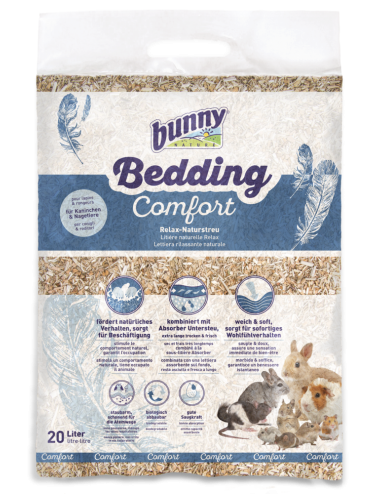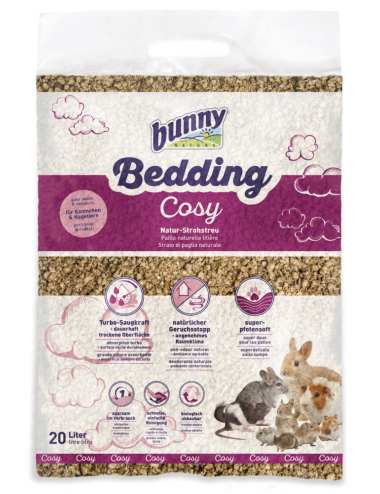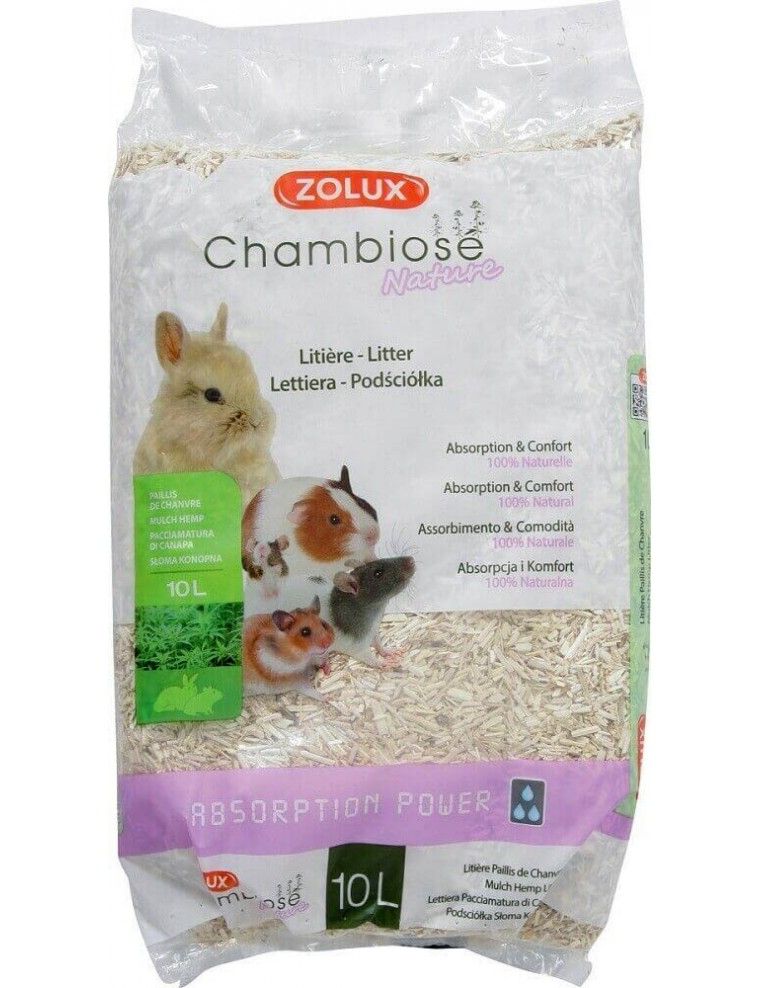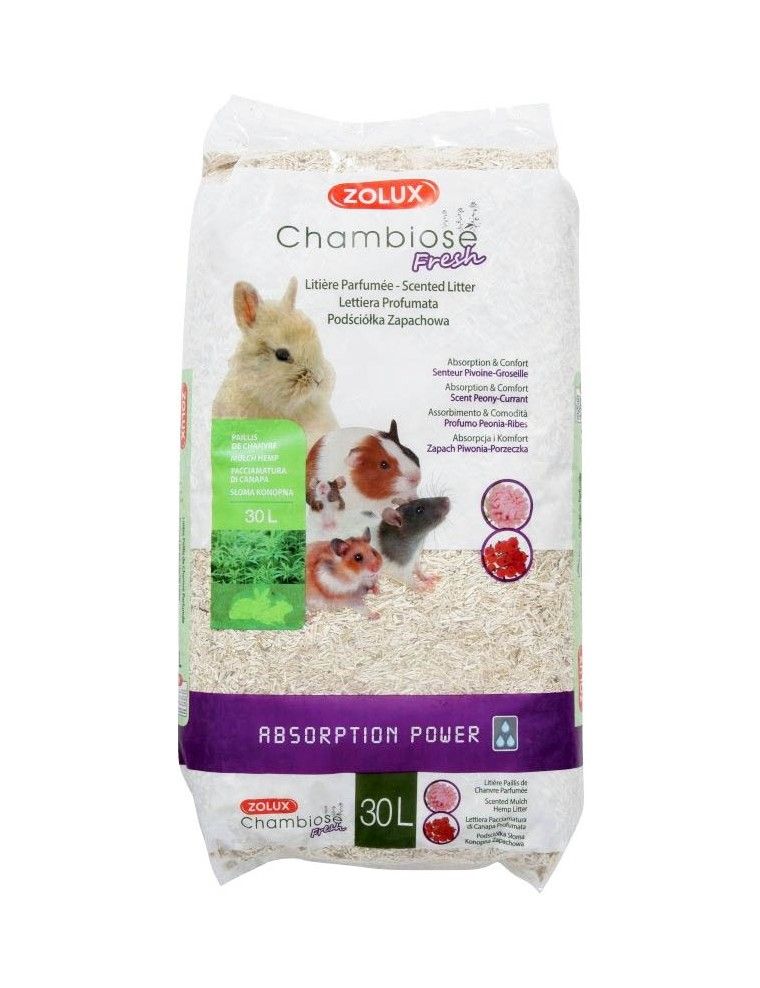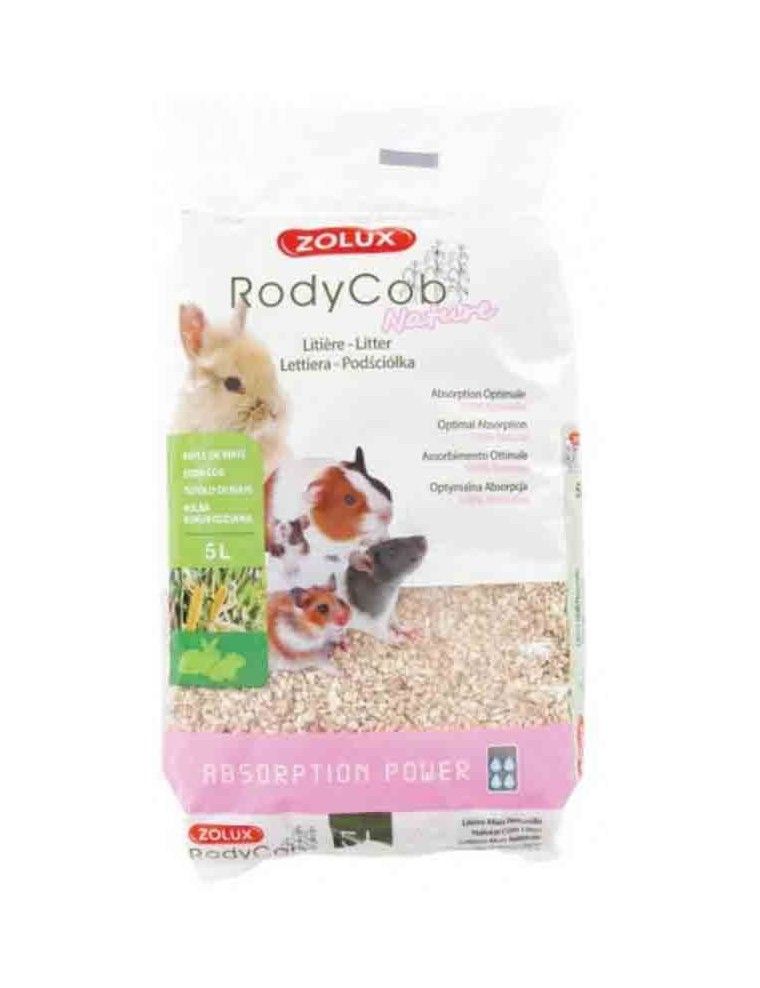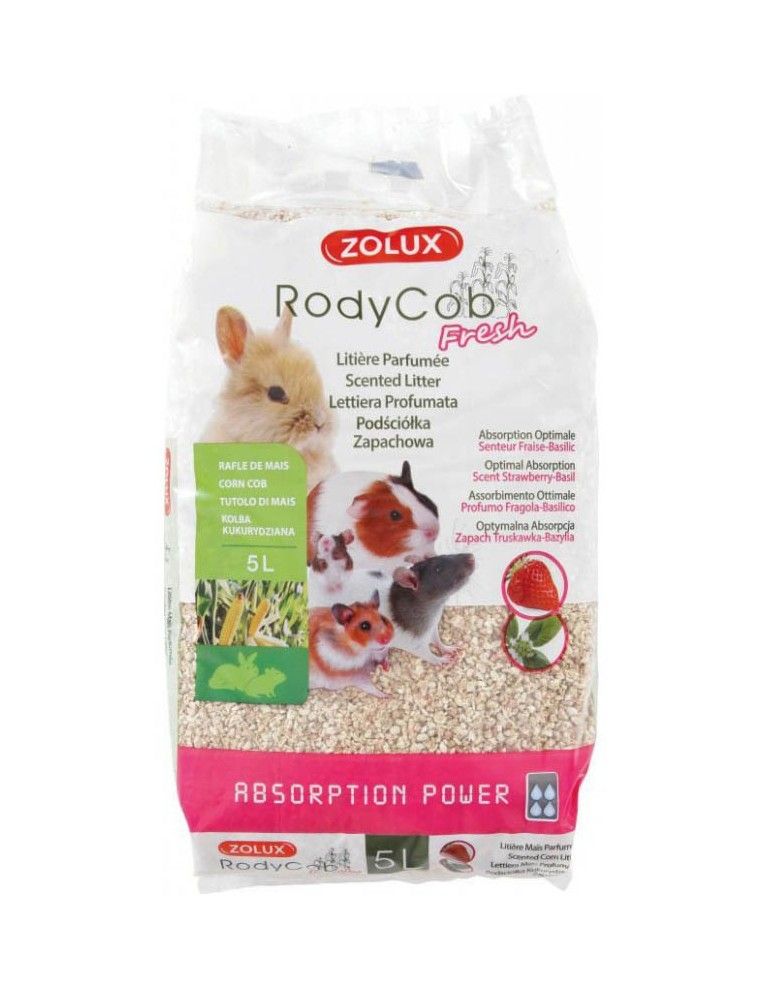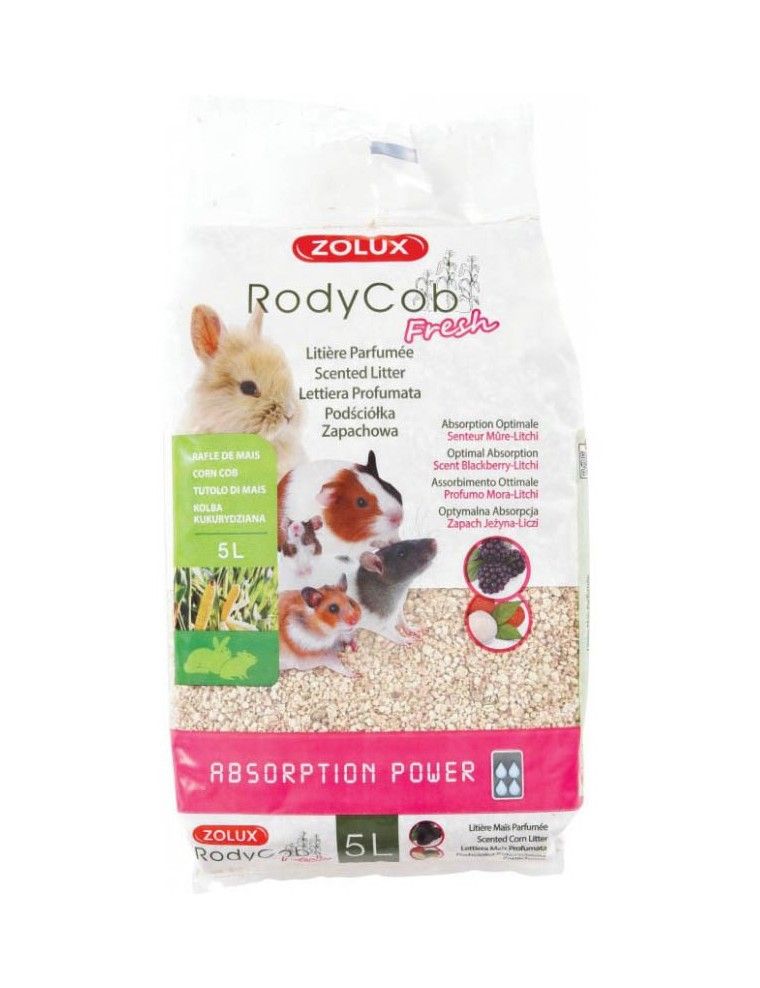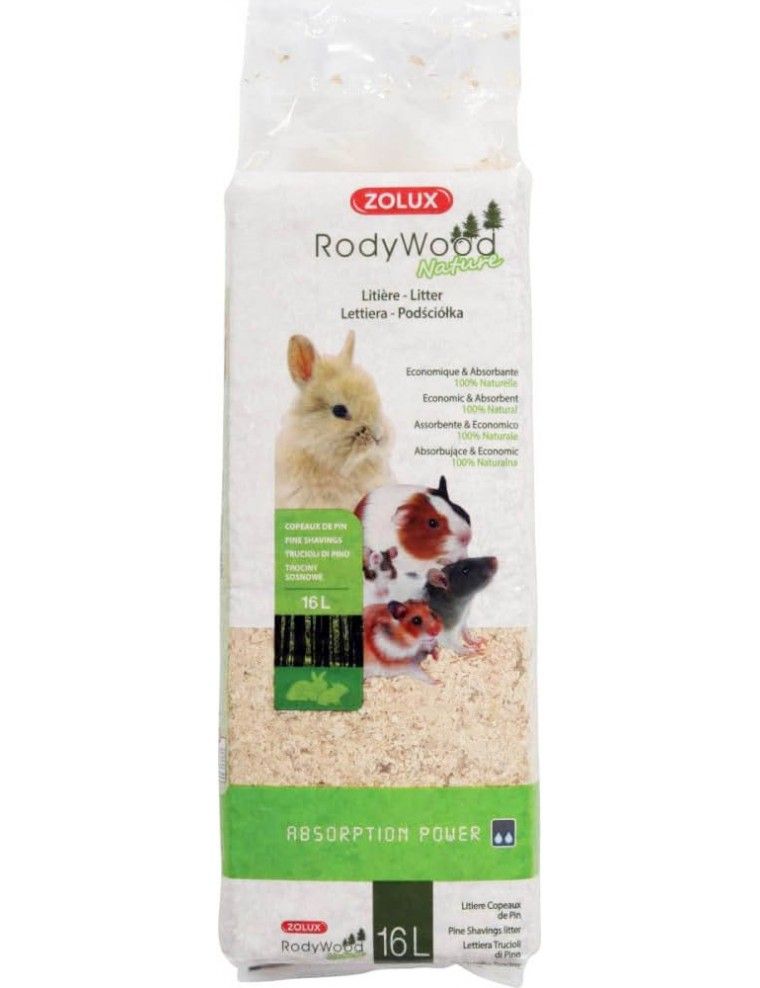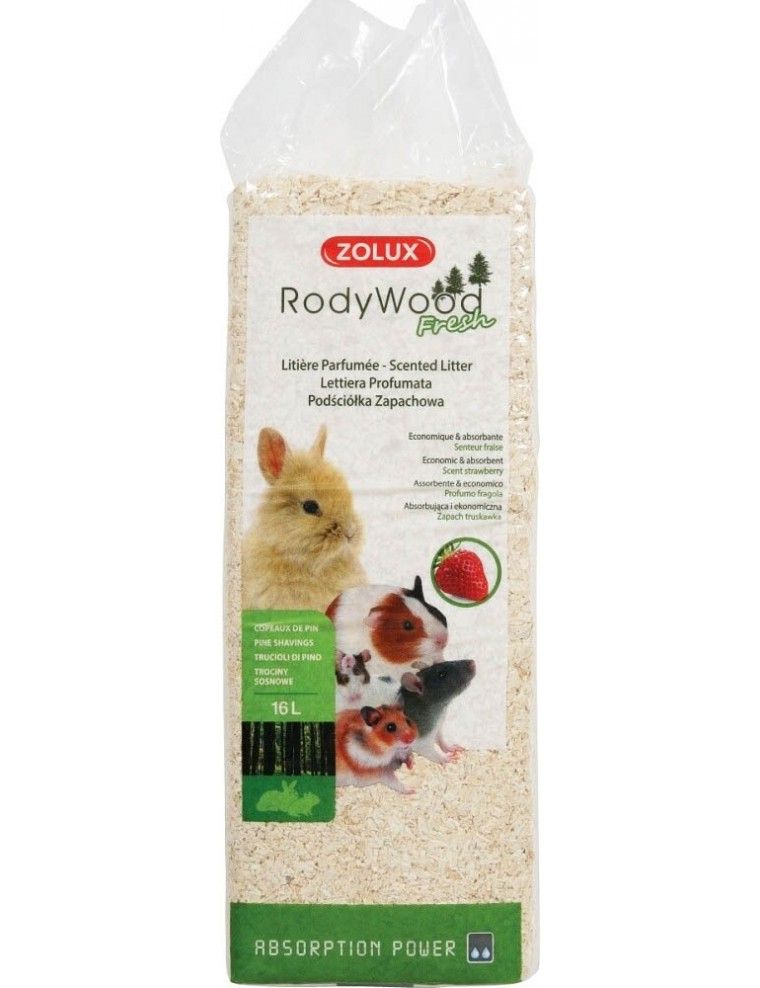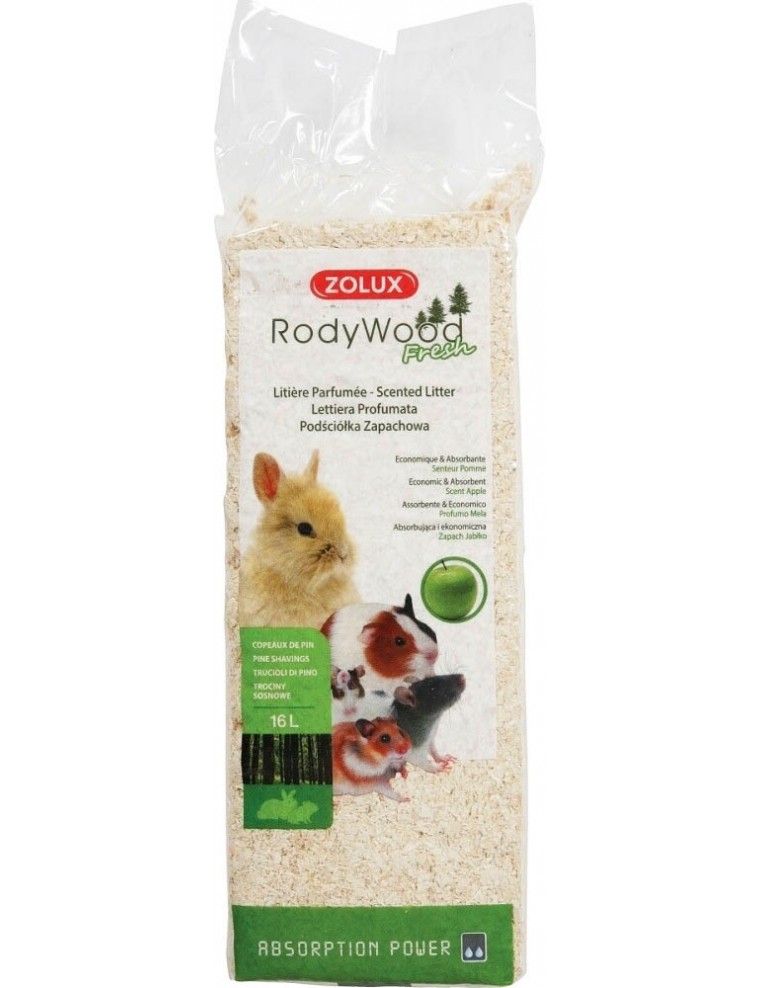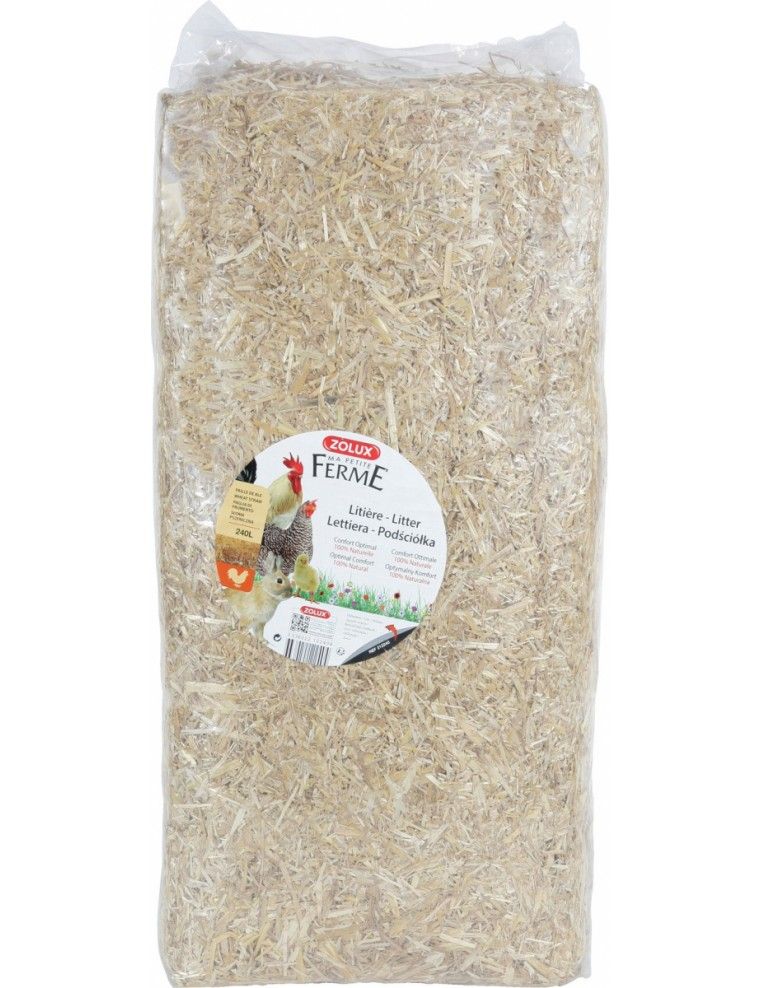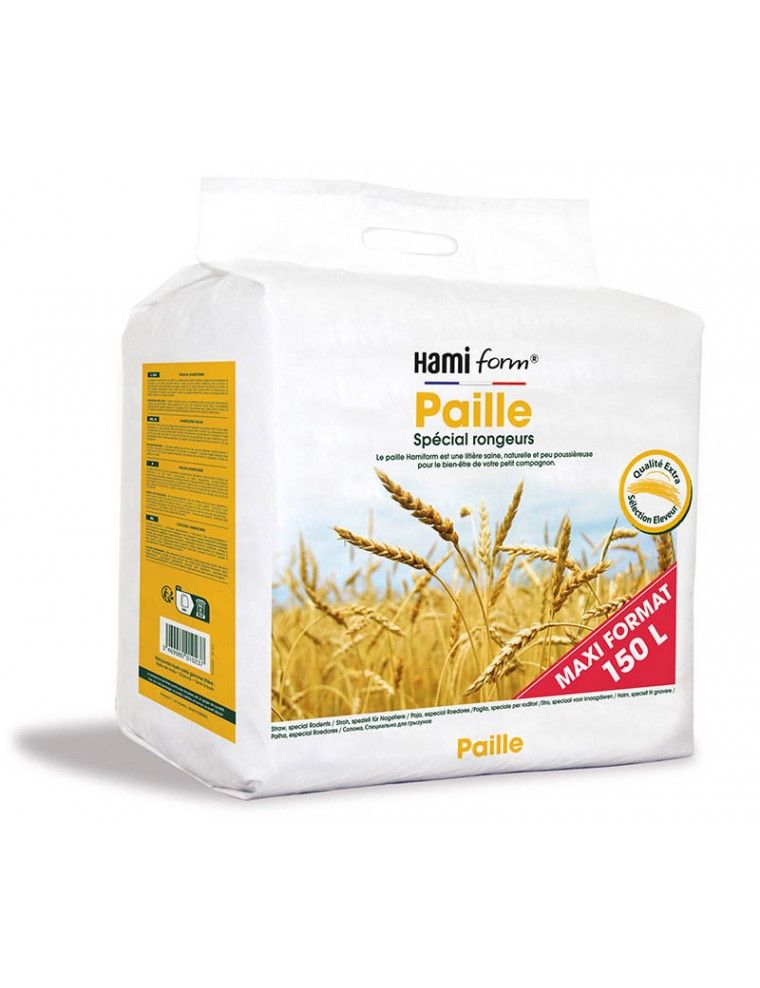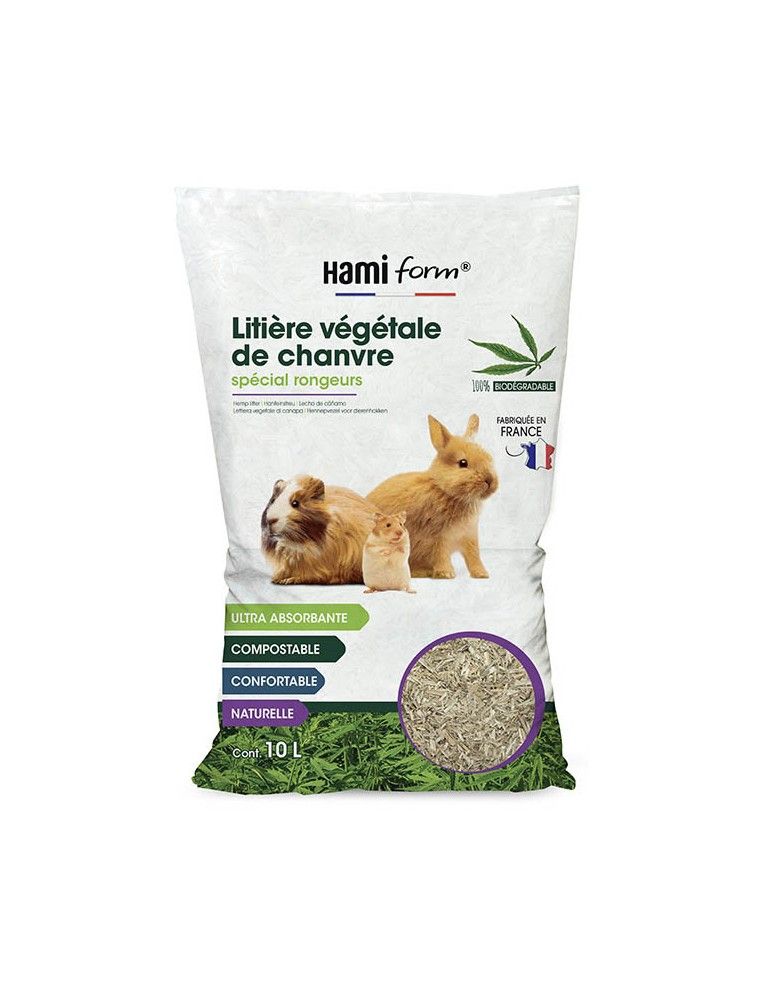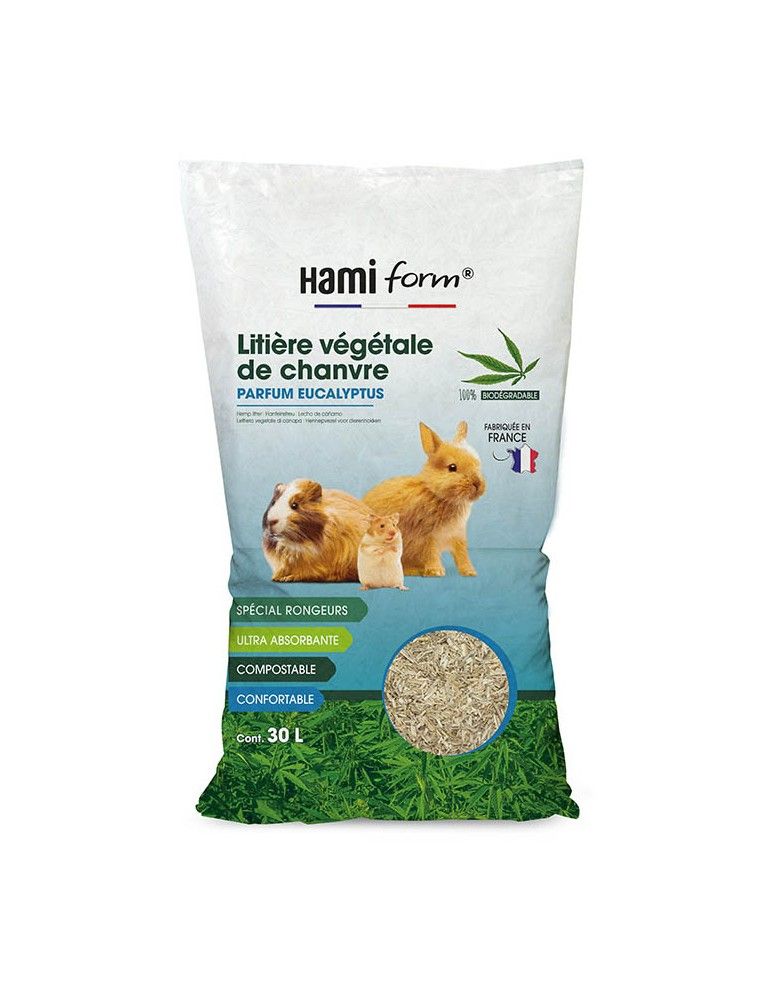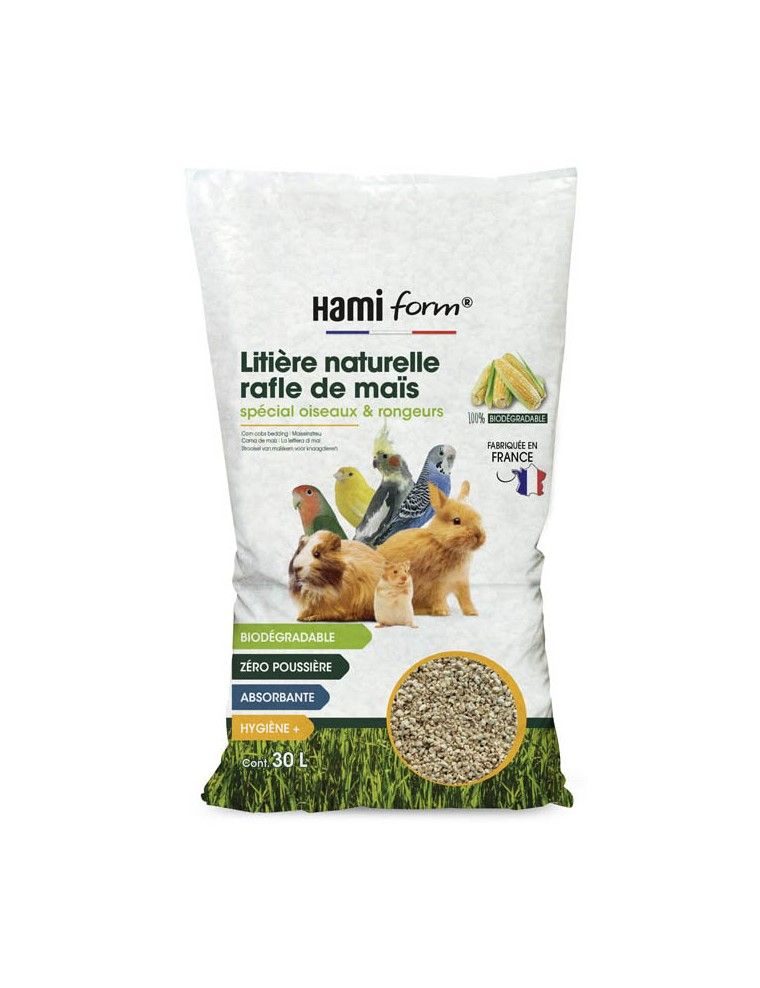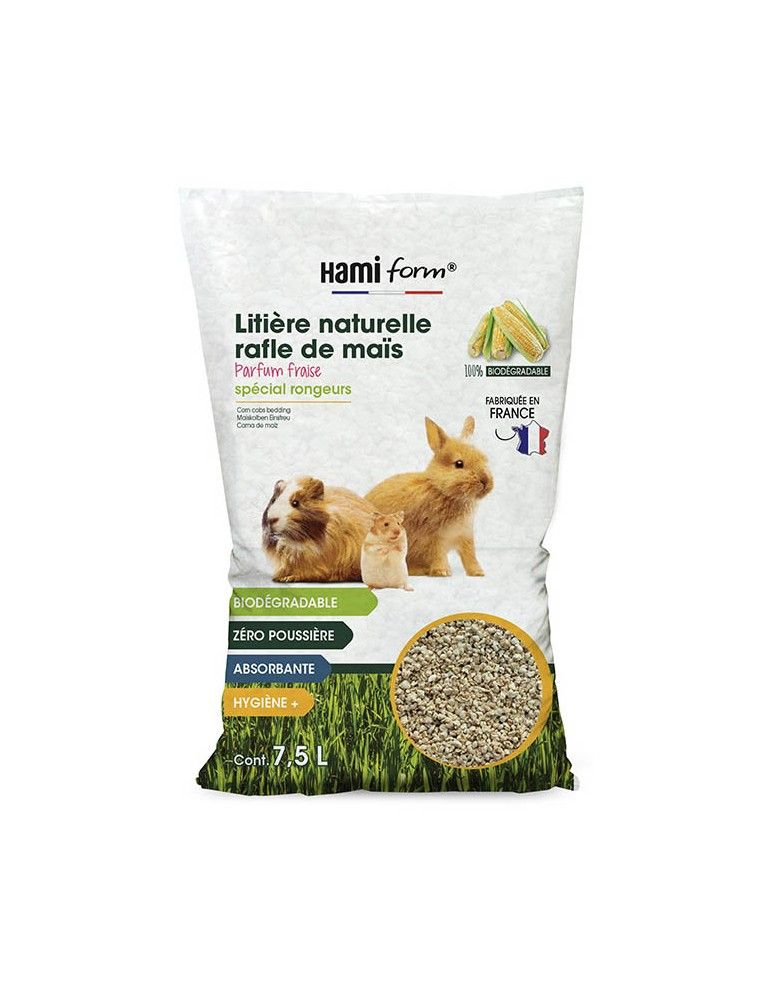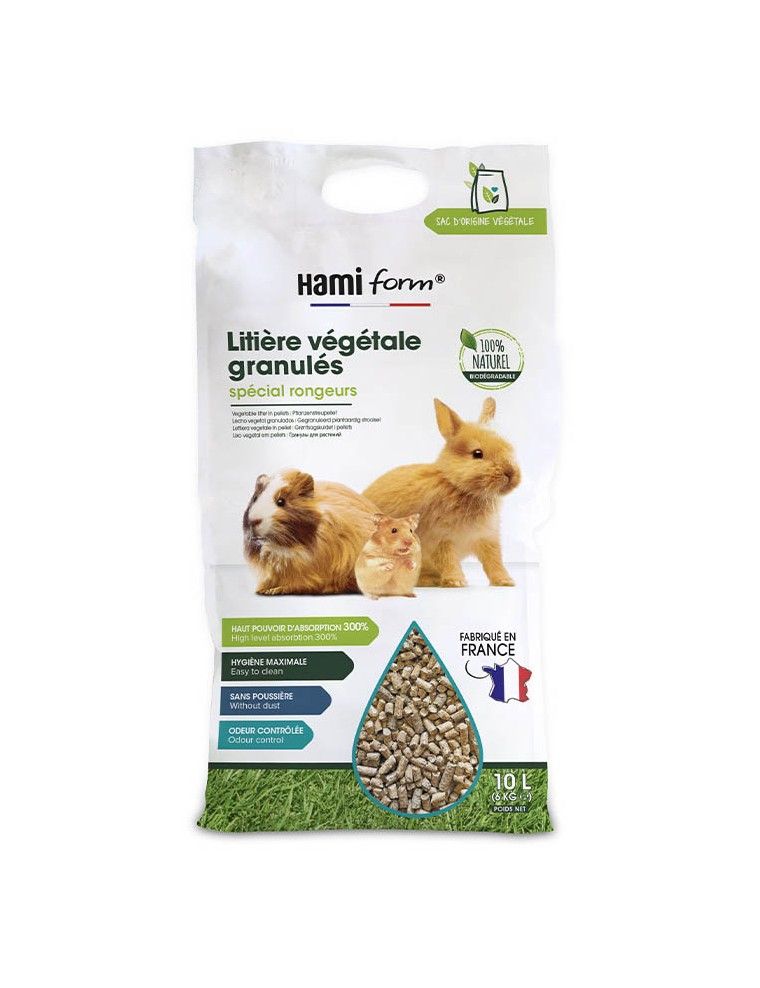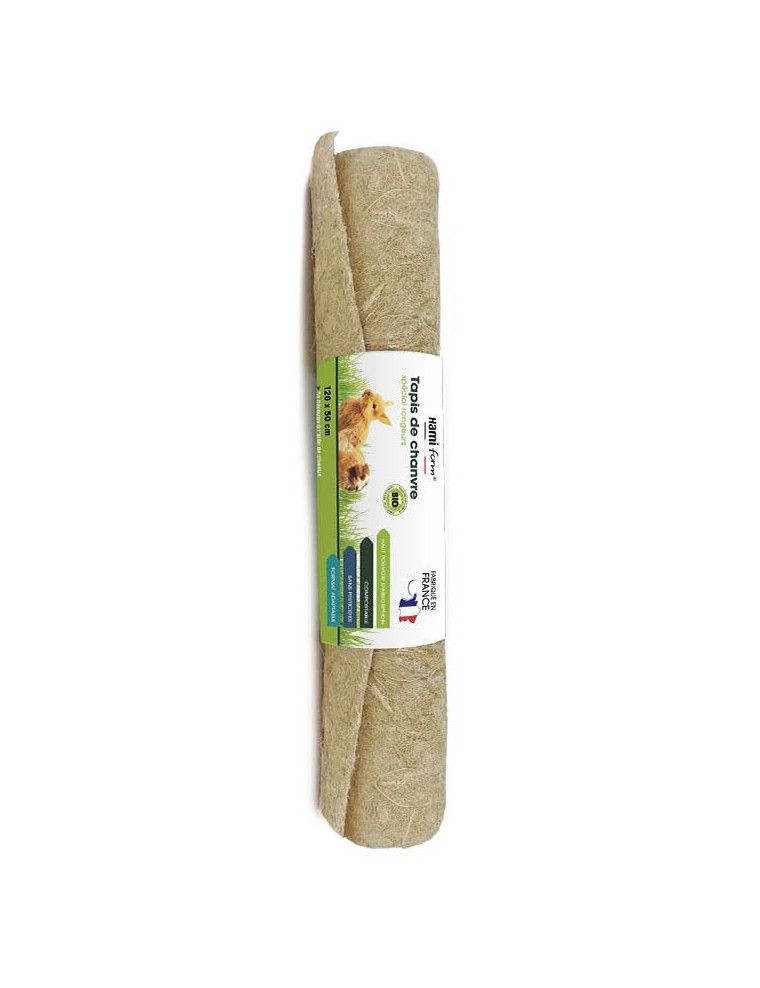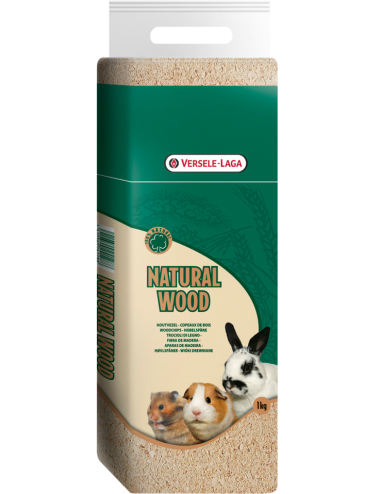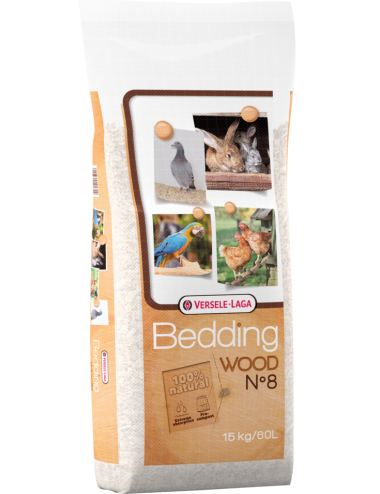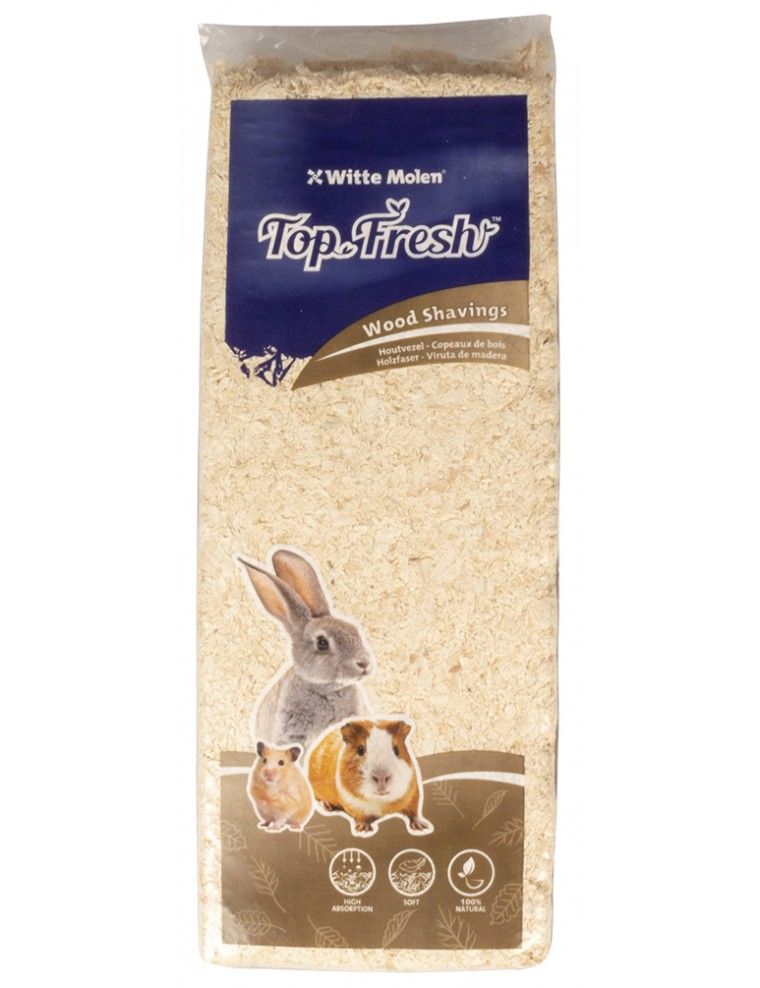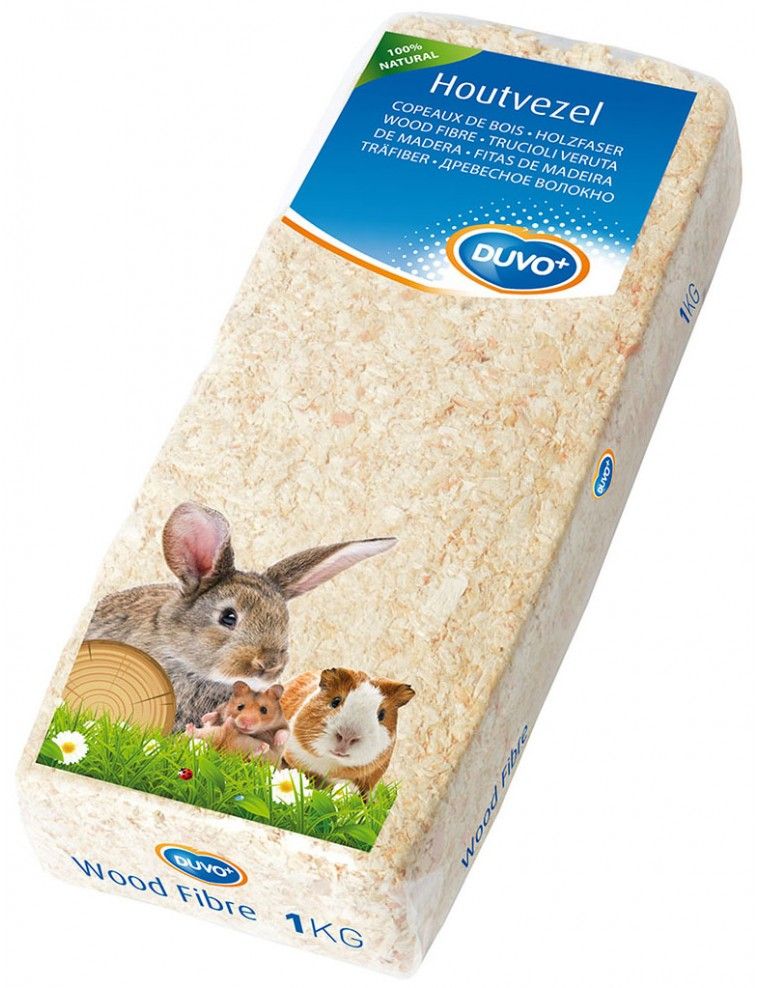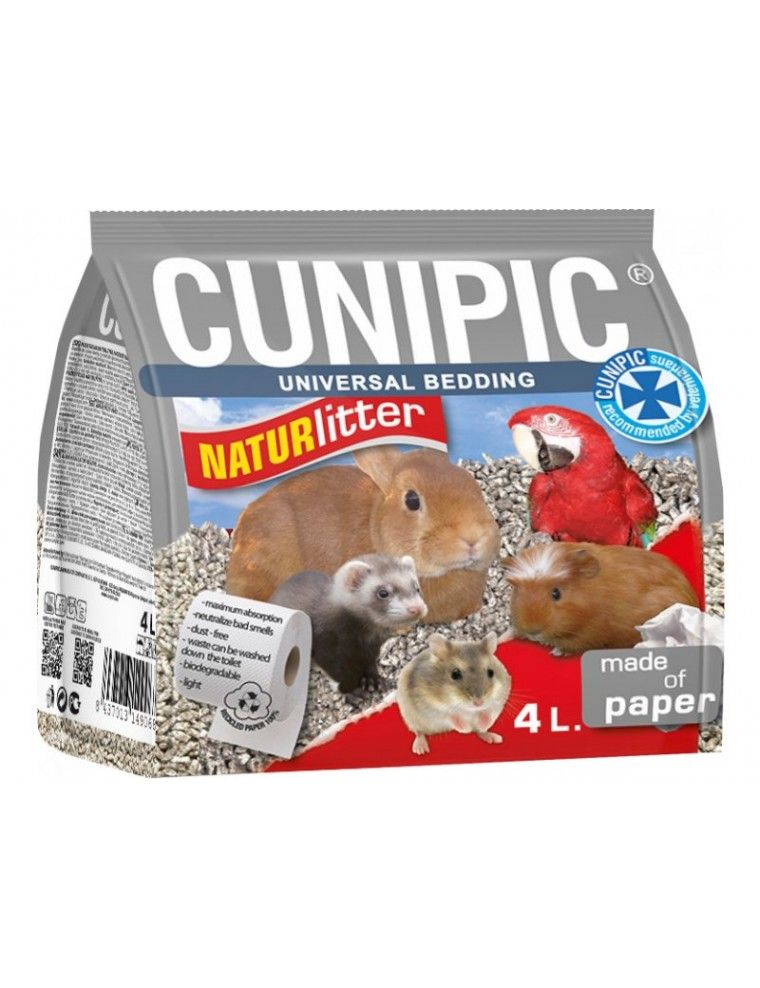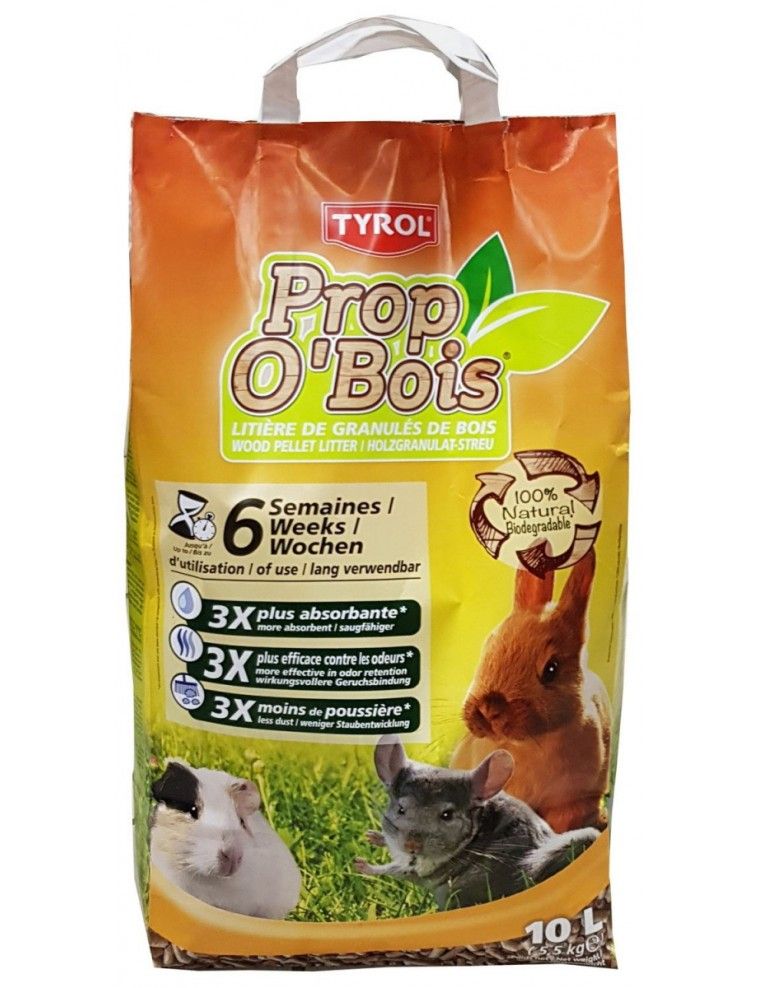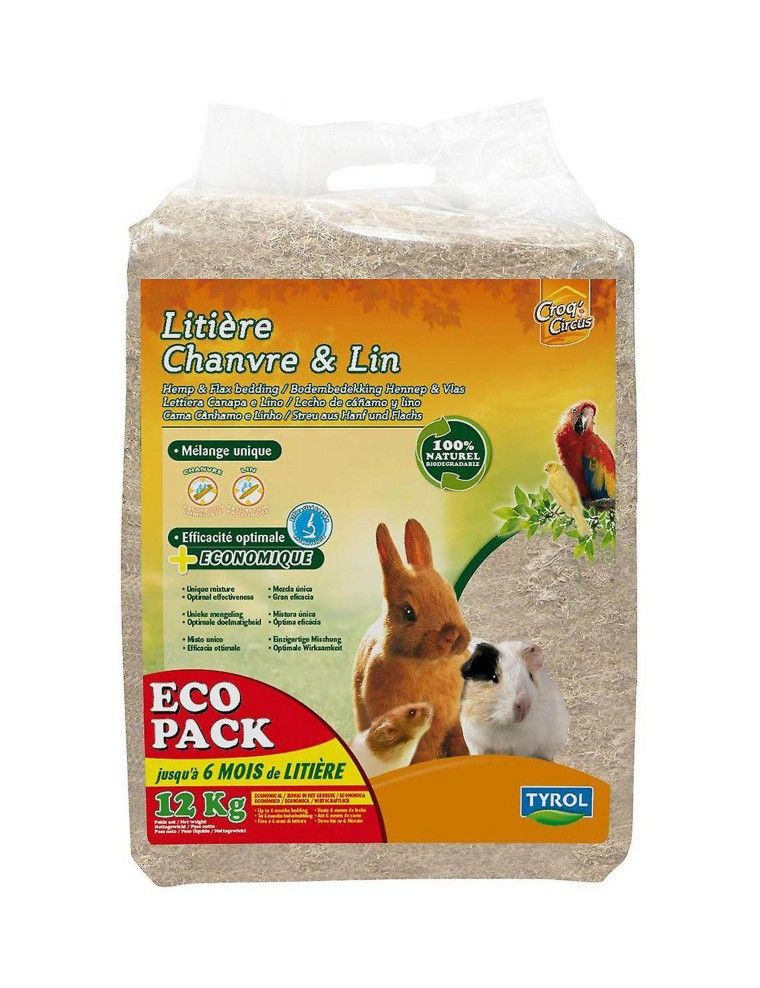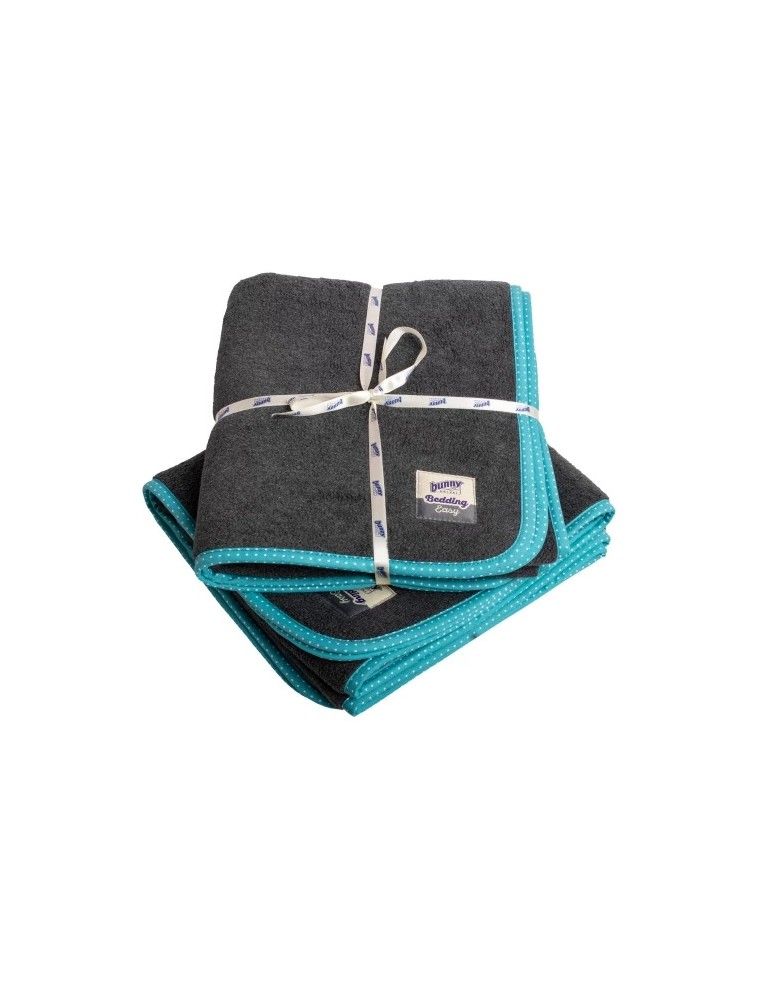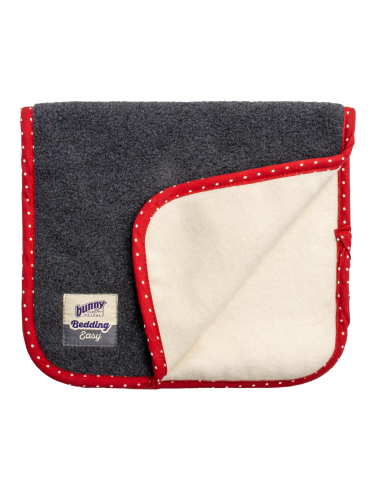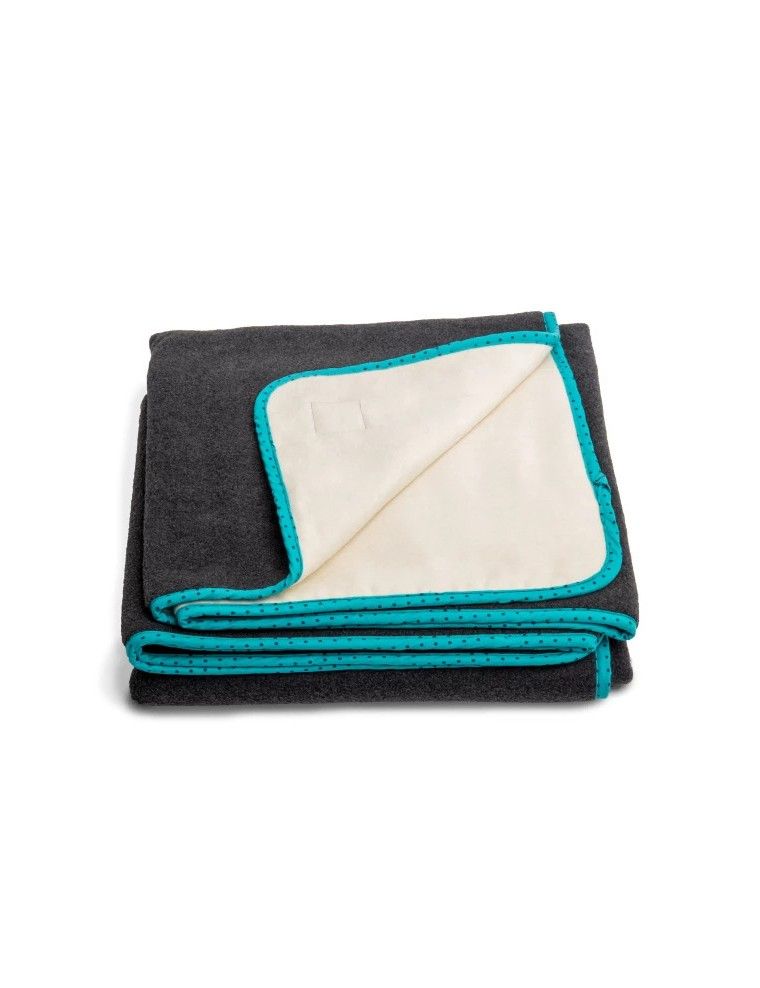- in replenishment
Litter Mouse/Rat/Gerbil
Comfort Above All: Choice of Litter for Small Rodents
At “Le petit rodent”, we place the well-being of your mice, rats, and gerbils at the heart of our concerns. That's why our selection of litter boxes is designed to offer your little friends a soft and warm nest, where they can snuggle up and build their own space. With a range of materials from wood chips to hemp, corn and flax, we guarantee a safe, comfortable option suited to every need.
A Litter Suitable for Each Rodent
Nesting needs vary from rodent to rodent, and choosing the right bedding is essential for their health and comfort. Rats, for example, particularly appreciate soft materials for their nest, such as hemp mats or reusable blankets, which provide warmth and security without the risk of irritating their delicate airways. Mice, on the other hand, delight in the ability to fashion their nests with lighter materials, such as paper or coconut fibers, allowing them to indulge their building instincts.
Safe and Comfortable Materials
“Le petit rodent” is committed to providing bedding that is not only comfortable but also safe for your animals. We have carefully selected products with low dust content to avoid irritation and respiratory problems. Our hemp and linen litters, for example, are particularly appreciated for their absorbency and softness, thus providing an ideal resting environment for your rodents. In addition, options such as wood pellets and straw bring a touch of naturalness to your companions' habitat, while guaranteeing impeccable hygiene.
Tips for Perfect Nesting
To create a cozy nest, don't hesitate to mix different types of litter to find the perfect combination that will delight your rodents. A cage bottom with wood or corn pellets can be supplemented with a top layer of softer material, such as paper or linen, to encourage nest building. Also make sure that the litter is changed regularly to maintain a clean and healthy environment, conducive to the well-being of your little friends.
Litter
Comfort Above All: Choice of Litter for Small Rodents
At “Le petit rodent”, we place the well-being of your mice, rats, and gerbils at the heart of our concerns. That's why our selection of litter boxes is designed to offer your little friends a soft and warm nest, where they can snuggle up and build their own space. With a range of materials from wood chips to hemp, corn and flax, we guarantee a safe, comfortable option suited to every need.
A Litter Suitable for Each Rodent
Nesting needs vary from rodent to rodent, and choosing the right bedding is essential for their health and comfort. Rats, for example, particularly appreciate soft materials for their nest, such as hemp mats or reusable blankets, which provide warmth and security without the risk of irritating their delicate airways. Mice, on the other hand, delight in the ability to fashion their nests with lighter materials, such as paper or coconut fibers, allowing them to indulge their building instincts.
Safe and Comfortable Materials
“Le petit rodent” is committed to providing bedding that is not only comfortable but also safe for your animals. We have carefully selected products with low dust content to avoid irritation and respiratory problems. Our hemp and linen litters, for example, are particularly appreciated for their absorbency and softness, thus providing an ideal resting environment for your rodents. In addition, options such as wood pellets and straw bring a touch of naturalness to your companions' habitat, while guaranteeing impeccable hygiene.
Tips for Perfect Nesting
To create a cozy nest, don't hesitate to mix different types of litter to find the perfect combination that will delight your rodents. A cage bottom with wood or corn pellets can be supplemented with a top layer of softer material, such as paper or linen, to encourage nest building. Also make sure that the litter is changed regularly to maintain a clean and healthy environment, conducive to the well-being of your little friends.
- 6 in stock
- in replenishment
- in replenishment
- in replenishment
- in replenishment
- in replenishment
- 7 in stock
- 2 in stock
- 6 in stock
- 4 in stock
- 6 in stock
- 10 in stock
- 3 in stock
- 3 in stock
- in replenishment
- 4 in stock
- 3 in stock
- 4 in stock
- 3 in stock
- in replenishment
- 5 in stock
- 19 in stock
- 8 in stock
- 2 in stock
- 10 in stock
- 5 in stock
- in replenishment
- in replenishment
- in replenishment
- in replenishment
- in replenishment
- in replenishment
Questions / Réponses
Pour les souris domestiques, la litière la plus adaptée est celle qui contrôle efficacement les odeurs et absorbe bien l'humidité, tout en étant douce pour leurs petites pattes. Les litières à base de papier recyclé ou de chanvre sont idéales, car elles sont absorbantes, sans poussière, et non toxiques. Ces matériaux préviennent les risques d'irritations respiratoires et sont suffisamment doux pour être utilisés dans les nids. Évitez les litières à base de bois de cèdre ou de pin, car elles peuvent libérer des substances chimiques potentiellement dangereuses pour les souris.
La meilleure litière pour un rat domestique doit allier confort, contrôle des odeurs, et facilité de nettoyage. Les rats ayant un système respiratoire sensible, privilégiez une litière sans poussière, comme celles fabriquées à partir de papier recyclé, de chanvre, ou de maïs. Ces matériaux sont non seulement absorbants mais aussi plus sûrs pour la santé respiratoire de votre rat. Assurez-vous également que la litière choisie ne contient pas de petits morceaux qui pourraient être ingérés accidentellement.
Les gerbilles nécessitent une litière leur permettant de satisfaire leur besoin naturel de creuser et de construire des tunnels. Une litière à base de chanvre ou de papier peut être utilisée pour le fond de la cage, tandis qu'une plus grande quantité de matériaux de creusage, comme la tourbe ou un mélange spécial de terre et de sable, peut être ajoutée pour leur permettre de creuser. Ces matériaux offrent l'absorption nécessaire tout en étant sûrs et non irritants pour les gerbilles.
L'utilisation de copeaux de bois comme litière pour souris, rats, et gerbilles est controversée. Bien que les copeaux de bois soient économiques et largement disponibles, ceux de cèdre et de pin dégagent des phénols, qui peuvent être toxiques et provoquer des problèmes respiratoires chez ces petits animaux. Si vous choisissez d'utiliser des copeaux de bois, optez pour des copeaux de bois dur non traité, comme l'asp, qui sont plus sûrs. Cependant, les alternatives sans poussière comme le papier recyclé ou le chanvre restent préférables pour la santé de vos animaux.
La fréquence à laquelle vous devez changer la litière dans la cage de vos souris, rats, ou gerbilles dépend de plusieurs facteurs, dont le nombre d'animaux et le type de litière utilisé. En règle générale, un nettoyage partiel pour enlever les zones souillées devrait être effectué tous les jours, tandis qu'un changement complet de la litière est recommandé une fois par semaine. Cette routine aide à contrôler les odeurs, à maintenir l'hygiène de la cage, et à assurer un environnement sain pour vos animaux.
Pour minimiser la poussière et les allergènes dans la litière de vos rongeurs, choisissez une litière spécifiquement conçue pour être sans poussière, comme celles à base de papier recyclé ou de chanvre. Ces matériaux réduisent les particules dans l'air, ce qui est mieux pour la santé respiratoire de vos animaux et des personnes allergiques. De plus, maintenez une bonne ventilation dans la pièce où se trouve la cage et nettoyez régulièrement l'habitat avec un aspirateur équipé d'un filtre HEPA.
Pour les propriétaires à la recherche d'options plus écologiques, les litières fabriquées à partir de matériaux recyclés ou biodégradables, comme le papier recyclé, le chanvre, ou le maïs, sont d'excellentes alternatives. Ces options non seulement minimisent l'impact environnemental mais sont également sûres et confortables pour vos animaux. De plus, certaines de ces litières peuvent être compostées après usage, réduisant davantage les déchets. Assurez-vous que toute litière compostée ne contient pas d'excréments d'animaux pour éviter la propagation de bactéries nocives.

